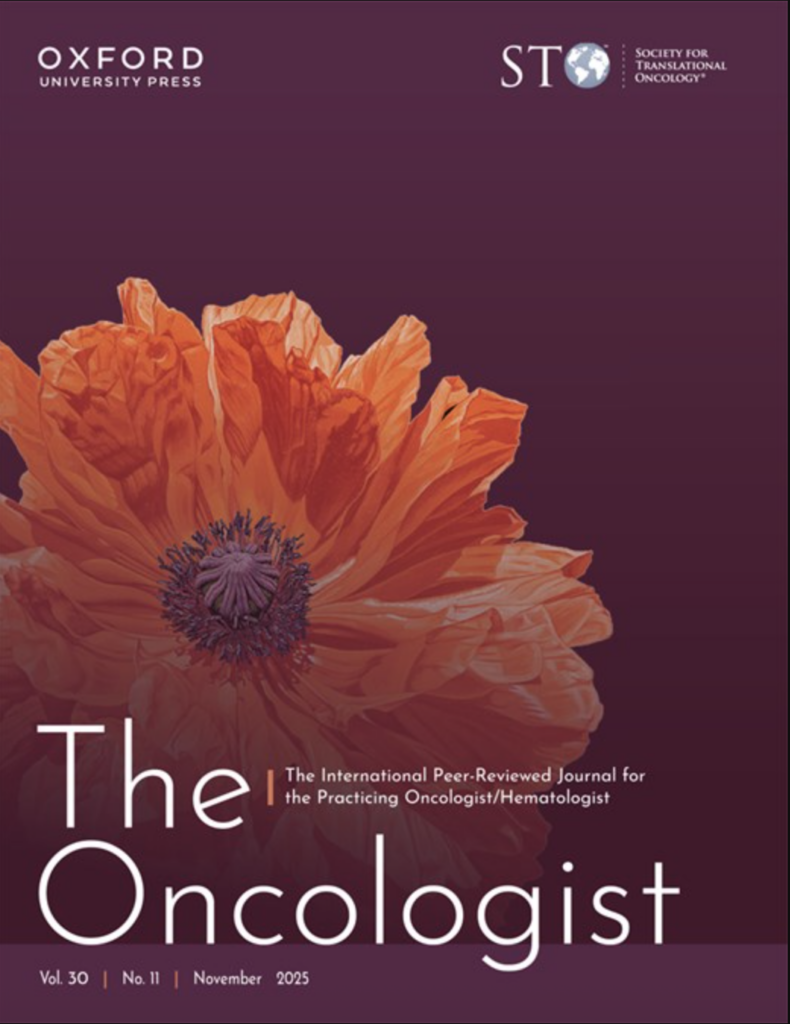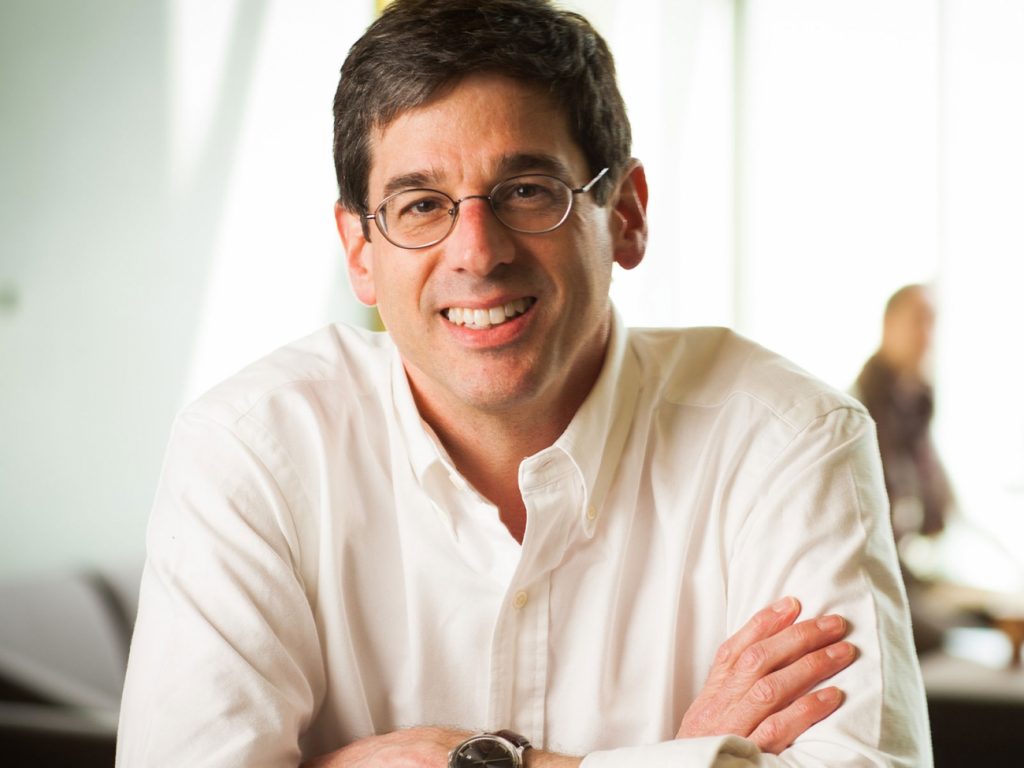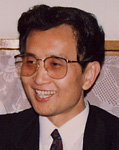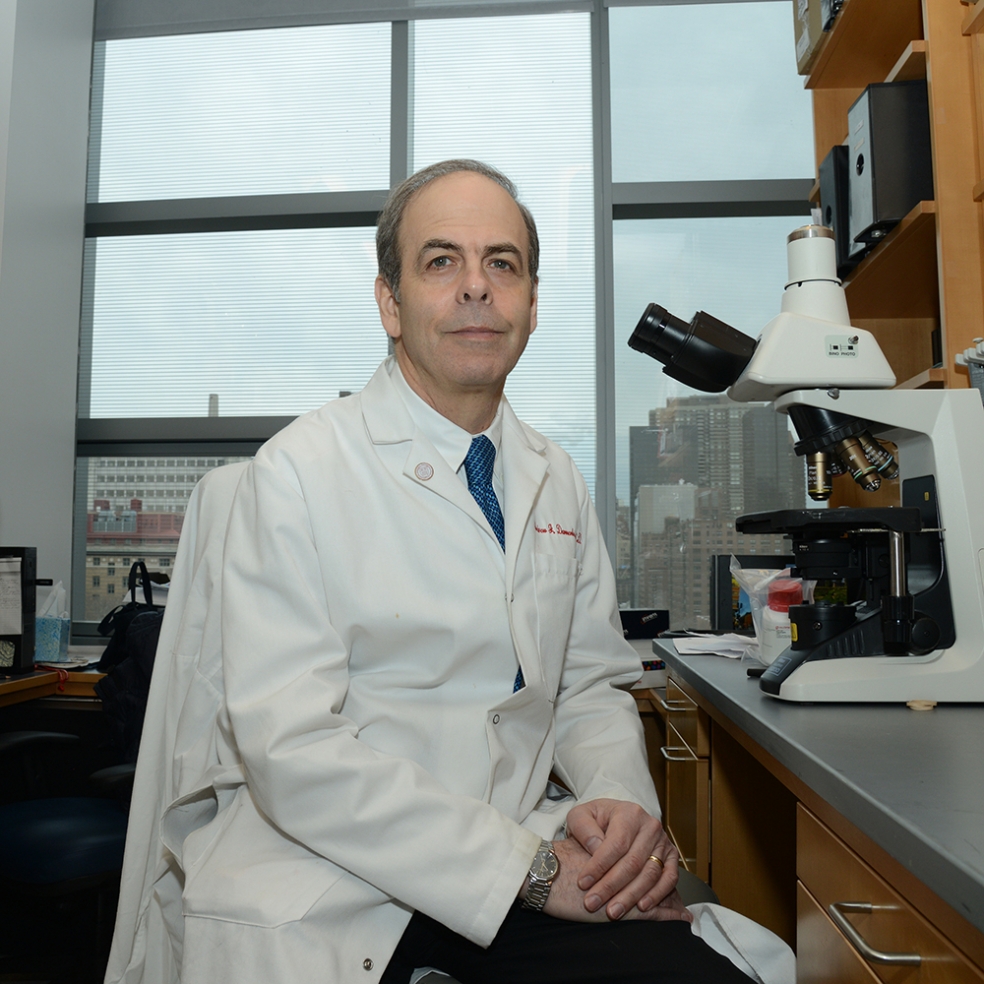A journal that last year corrected a paper claiming to show a homeopathic intervention improved quality of life and survival for people with advanced lung cancer has now retracted the article after the Committee on Publication Ethics got involved in the case.
The extensive correction and an accompanying editorial, published in September 2024 in The Oncologist, came two years after the Austrian Agency for Scientific Integrity asked the journal to retract the article due to concerns about manipulated data, we reported at the time.
The retraction notice, published November 24, acknowledged the watchdog agency’s retraction request. It also noted the previous corrections and expression of concern for the article, which originally appeared in October 2020.
Continue reading COPE’s involvement leads to retraction of paper on homeopathy for lung cancer








